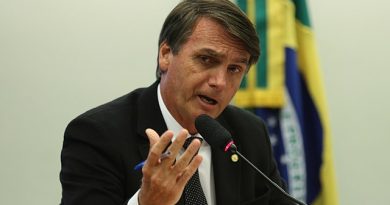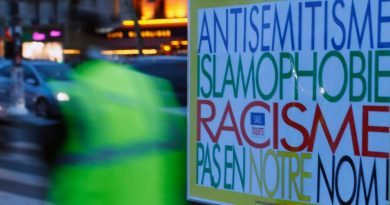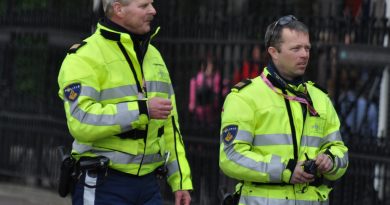Crimea Casts First Vote in Russian Parliamentary Elections
By Brian Kulpan
Staff Writer
For the first time since Russia annexed the Crimean peninsula from Ukraine in March 2014, inhabitants of the occupied territory cast their votes in Russia’s parliamentary elections. To those who observed the September 18 election from neighboring Ukraine and around the world, the final results were barely surprising.
With 99 percent of the votes counted, final statistics taken from the BBC declared Yedinaya Rossiya or the United Russia party as the election victor. The party received 54.2 percent of ballots cast and won 343 seats in the Duma. United Russia gained an absolute majority and 101 new seats, retaining its status as the largest party in Russia’s 450-member parliament.
Voter turnout for this fall’s election was considered the lowest in Russia’s post-Soviet history at 47.8 percent, compared to 60 percent in the 2011 elections. The positive result for United Russia plays well for President Vladimir Putin, whose influence over the United Russia party is well known.
The sources behind such a staggering drop in voter turnout might lie in the ongoing economic downturn, western sanctions over the conflict in Ukraine, military engagements abroad and the persistence of low world oil prices. Although much of Russia is still in complete disarray, Putin has somehow weathered the storm and continues to hold a high level of favorability amongst the Russian public. For Putin, this popularity, no matter how realistic, has limitations and must be accompanied by alternative and, at times, dubious political tactics aimed at suppressing the opposition and excluding political threats.
Putin has been utilizing a multitude of tactics, focusing on subversion and manipulation to secure his party’s grip on power and subdue any potential rivals, as reported by NBC. Since the collapse of the Soviet Union, each election has been fixed under a different set of regulations. This year’s election results were based on single-member constituencies, which make up almost half of the Russian Duma.
According to Grigory Melkonyants, deputy director of the independent election monitoring group Golos, single-member districts, where “the race is between individuals, not parties,” have allowed for United Russia candidates to stand as independents, then later join Putin’s colleagues in the Duma. In addition to single-member districts, Russia’s Central Election Commission noted that “only 14 of Russia’s 74 political parties were listed on Sunday’s ballot. Of 204 self-nominating candidates, just a mere 23 were allowed to run.”
The final and most infamous tool of political exclusion utilized by President Putin is that of signature collecting, according to NBC. Small parties and self-nominating candidates must collect thousands of signatures, although election authorities can reject candidates from appearing on ballots for a plethora of reasons ranging from simple grammatical errors to a lack of “real” signatories. This intentional exclusion of political parties and candidates only adds to the control Putin has been able to attain.



